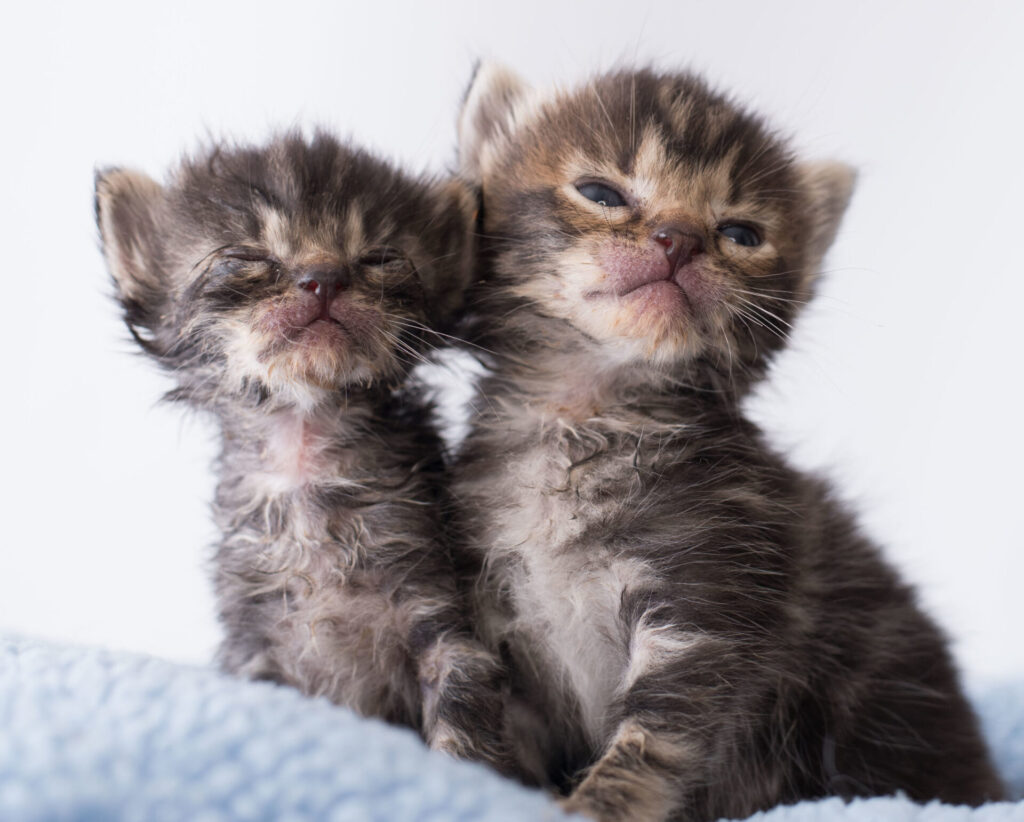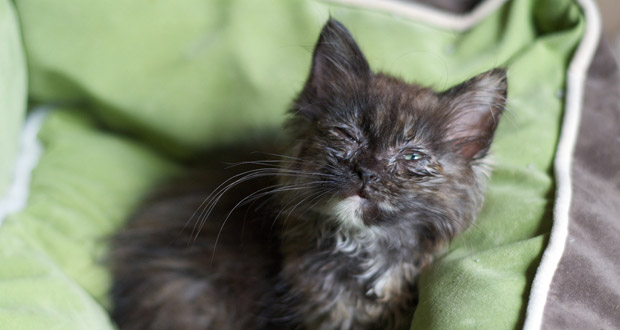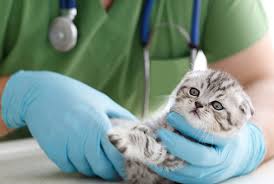Ensuring the best cat health begins with understanding and treating common kitten illnesses. By recognizing early signs and knowing how to respond, you can provide your furry friend with the care they need to thrive.
Recognizing and Treating Common Kitten Illnesses
1. Upper Respiratory Infections (URIs)
- Symptoms: Sneezing, runny nose, watery eyes, coughing, and decreased appetite.
- Causes: Viruses such as feline herpesvirus and calicivirus, and bacteria like Chlamydia and Bordetella.
- Treatment: Ensure your kitten is hydrated and offer nutritious food. Keep their environment clean and humidified. Consult your vet for antibiotics or antiviral medications if necessary.
2. Gastrointestinal Issues
- Symptoms: Vomiting, diarrhea, loss of appetite, and lethargy.
- Causes: Dietary changes, parasites, infections, or ingestion of foreign objects.
- Treatment: Provide plenty of water and a bland diet (boiled chicken and rice). Use prescribed medications for parasites. If symptoms persist, visit your veterinarian.

3. Fleas and Ticks
- Symptoms: Excessive scratching, hair loss, visible fleas or ticks, and red, irritated skin.
- Causes: Flea and tick infestations from the environment or other animals.
- Treatment: Use vet-recommended flea and tick treatments. Regularly clean your kitten’s bedding and living areas. Maintain a schedule for preventive treatments.
4. Ear Mites
- Symptoms: Frequent head shaking, scratching at ears, dark discharge, and inflamed ear canals.
- Causes: Contagious mites that infest the ear canals.
- Treatment: Clean your kitten’s ears with a vet-approved solution. Apply prescribed medications to eliminate mites. Follow up with your vet to ensure complete eradication.
5. Worms
- Symptoms: Diarrhea, vomiting, weight loss, and visible worms in stool.
- Causes: Ingestion of parasite eggs or larvae from the environment or mother’s milk.
- Treatment: Administer deworming medications as prescribed by your vet. Maintain a clean living environment and schedule regular vet check-ups.
Maintaining Best Cat Health: Preventive Measures
1. Regular Vet Visits
- Schedule regular check-ups to monitor your kitten’s health and catch any issues early.
2. Vaccinations
- Keep up with your kitten’s vaccination schedule to protect against common infectious diseases.
3. Proper Nutrition
- Provide a balanced diet that meets all of your kitten’s nutritional needs.

4. Clean Environment
- Ensure your kitten’s living space is clean and free of potential hazards.
5. Socialization and Exercise
- Engage your kitten in play and socialization to support their physical and mental well-being.
6. Grooming
- Regularly groom your kitten to check for any signs of illness and maintain their hygiene.
Recognizing the Signs of Serious Illness
It’s crucial to recognize when your kitten’s condition may require immediate veterinary attention:
- Persistent Vomiting or Diarrhea: Could indicate a serious underlying issue.
- Difficulty Breathing: Potential respiratory distress.
- Lethargy: May signal a serious infection or other health problem.
- Severe Pain: Requires prompt veterinary intervention.
Conclusion
By staying informed about common kitten illnesses and their treatments, you can ensure the best cat health for your furry friend. Regular vet visits, proper nutrition, and preventive care are essential in keeping your kitten healthy and happy. Recognizing and treating common kitten illnesses promptly can make a significant difference in your pet’s well-being. Always consult with your veterinarian to provide the best care for your kitten.





















